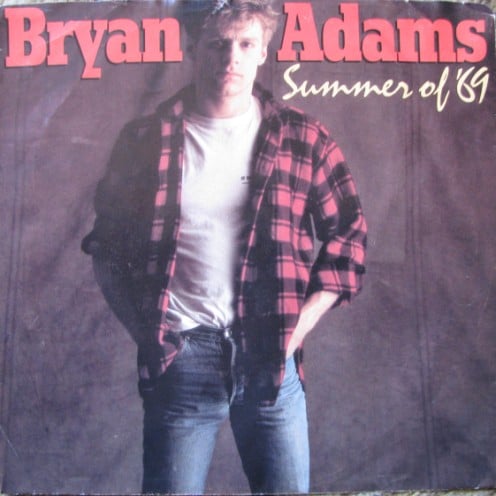

Speech Bubble Icon A icon displaying a speech bubble WhatsApp An icon of the WhatsApp logo. Video Camera An icon of a video camera shape. Previous An icon of an arrow pointing to the left. Notice An explanation mark centred inside a circle. Next An icon of an arrow pointing to the right. Hamburger Menu Icon An icon used to represent a collapsed menu. Search Icon A magnifying glass icon that is used to represent the function of searching. Magnifying Glass An icon of a magnifying glass. Comments An icon of a speech bubble, denoting user comments. Close Icon An icon used to represent where to interact to collapse or dismiss a component Comment An icon of a speech bubble. Breaking An icon of an exclamation mark on a circular background. Pause Icon A two-lined pause icon for stopping interactions. Is Not Public An icon of a human eye and eyelashes with a diagonal line through it. Is Public An icon of a human eye and eyelashes. Telephone An icon of a traditional telephone receiver. Profile An icon that resembles human head and shoulders. Linked In An icon of the Linked In "in" mark. Facebook An icon of the Facebook "f" mark. Caret An icon of a block arrow pointing to the right. Cancel An icon of a circle with a diagonal line across. Everything started to unravel after Reckless.Calendar An icon of a desk calendar. In January 1984 we were still writing songs for all the right reasons. Vallance isn’t tired of Summer Of ’69 either: “I think it was Bryan and I at our best. It proves that people who program radio don’t always have their finger on what people want.”

Today, Adams is philosophical: “Charts don’t matter. Such was the slowburn success of the song, however, that its parent album re-entered the chart as late as 1991 it has sold 12 million copies. Released in August 1985, Summer Of ’69 ultimately hit No.5 in the US and a relatively lowly No.42 in the UK. I basically fought with everyone until it became the way it is today. “I wanted to capture a special energy on the track – and nearly lost my team doing it. “The track was recorded three separate times,” he recalls. Realising he was sitting on a song that could ignite his career, Adams stopped at nothing to capture the sound he heard in his head. While Summer Of ’69 had come together fast in Vallance’s basement, recording it proved an arduous process. Bruce sings ‘ from your front porch to my front seat’, and that’s probably where the ‘porch’ reference came from.” I was listening to a lot of Bruce at the time – Bryan was, too – and one of my favourites was Thunder Road. ‘ Standing on your mother’s porch’ was where a bit of Springsteen found its way into the song. "Maybe he was right, but I still prefer ‘ I got a job at the railway yard’. He thought it sounded too much like Bruce Springsteen, so we scrapped it. The ‘railway’ lyric survived our first two drafts of the song, then Bryan’s radar went up. “I also suggested the lyric ‘ I got a job at the railway yard’, because that’s what my friend Chuck did. Jody and his wife appear in the video for Summer Of ’69, driving away with a Just Married sign on the back of their car. I suggested ‘ Woody quit and Gordy got married’, but Bryan thought ‘Jimmy’ and ‘Jody’ sounded better, and I agreed. The reason I chose 69 is because of the sexual position Bryan AdamsĬo-writer Jim Valance offers more insight: “I remember Bryan and I going back and forth on that line. Jimmy is a drummer who quit the band, and Jody is still my soundman on tour after 25 years.” "The imagery in the song is about romance, nostalgia, being a struggling musician and making love. The reason I chose 69 is because of the sexual position. There is a huge misconception that this song is about 1969, but it’s not. I love the song Night Moves by Bob Seger, which is about getting laid in the summer, and I always wanted to write an answer to that. “The song is a bit autobiographical,” Adams explains, “but it’s really about summer love and, in my, case being a musician. Adams has announced as much from the stage, and even appears to sing ‘me and my baby in a 69’ during the song’s outro. In reality, Adams’s clean-living image has helped disguise one of the most blatant innuendos of modern rock: the ‘69’ in question doesn’t refer to the year 1969, but to the sexual position.


 0 kommentar(er)
0 kommentar(er)
